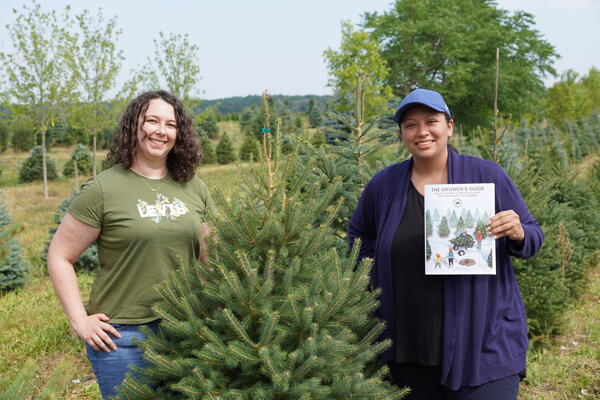
Standard Will Help Make New Communities Flood-Resilient: Canada is Ahead of the Curve
Every year, flooding hits communities across Canada causing millions of dollars in property damage and stress to homeowners

Every year, flooding hits communities across Canada causing millions of dollars in property damage and stress to homeowners
By Media RelationsEvery year, flooding hits communities across Canada causing millions of dollars in property damage and stress to homeowners.
New research from the University of Waterloo, funded by the Standards Council of Canada (SCC) and conducted by the Intact Centre on Climate Adaptation identifies 20 best practices to design and build new residential communities that are more flood-resilient.
The best practices were published in the report titled, “Preventing Disaster Before It Strikes: Developing a Canadian Standard for Flood-Resilient Residential Communities.”
Following consultation with municipal stormwater management experts, engineering consultants, developers, insurers and homebuilders, the report outlines best practices, including:
“With the larger storms that we are seeing today, and the bigger ones that are coming, those who purchase homes in communities built in line with these recommendations will also be buying some peace of mind every time it rains,” said Blair Feltmate, a professor in Waterloo’s Faculty of Environment and the head of the Intact Centre.
SCC is leading the way in recognizing the impact of flooding and will, as a next step, commit additional funding toward the development of a national standard on how to build flood-resilient communities, based on the best practices. Stakeholders like developers and municipalities support this direction and recognize the value of a standardization solution in addressing this issue.
“By partnering with organizations like the Intact Centre on Climate Adaptation, SCC is working to ensure that climate change, climate resiliency and adaptation are part of Canada's critical infrastructure standards said John Walter, CEO of the SCC. “This important work provides the foundation for developing a standardization solution that meets stakeholder needs and helps protect one of the most valuable assets of Canadians.”
The Intact Centre is seeking input on the effectiveness of the best practices to reduce flood risk and their practicality for implementation, as well as suggestions for additional best practices from municipalities, building practitioners and other interested parties. The deadline to provide input is October 31, 2017.

Read more
Here are the people and events behind some of this year’s most compelling Waterloo stories

Read more
Waterloo researchers are helping to make a much-loved holiday tradition more sustainable all year round

Read more
Researchers awarded funding to investigate ecology, climate change, repatriation, health and well-being through cultural and historical lens
The University of Waterloo acknowledges that much of our work takes place on the traditional territory of the Neutral, Anishinaabeg, and Haudenosaunee peoples. Our main campus is situated on the Haldimand Tract, the land granted to the Six Nations that includes six miles on each side of the Grand River. Our active work toward reconciliation takes place across our campuses through research, learning, teaching, and community building, and is co-ordinated within the Office of Indigenous Relations.